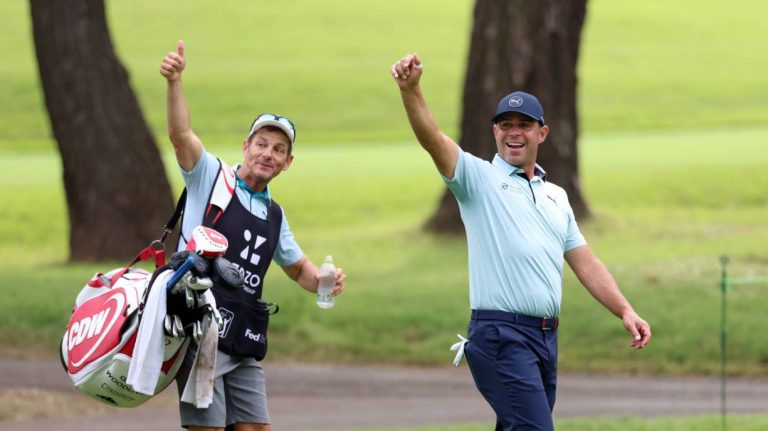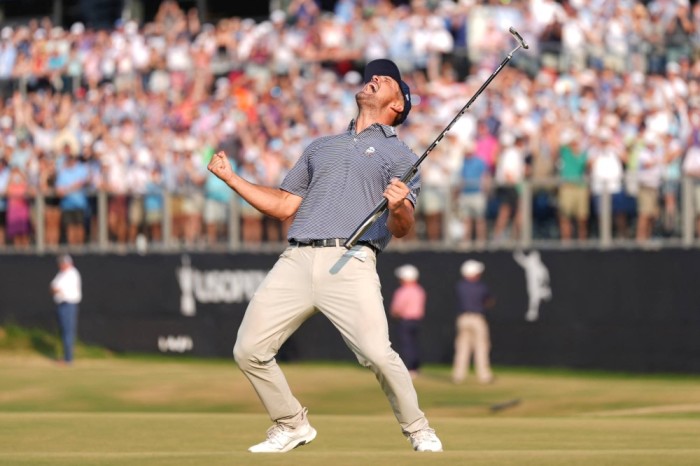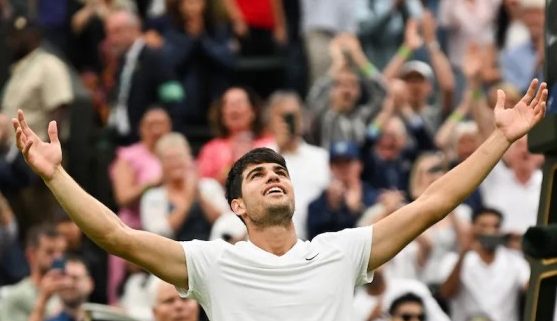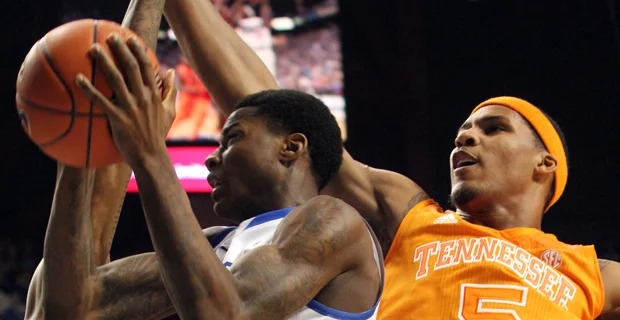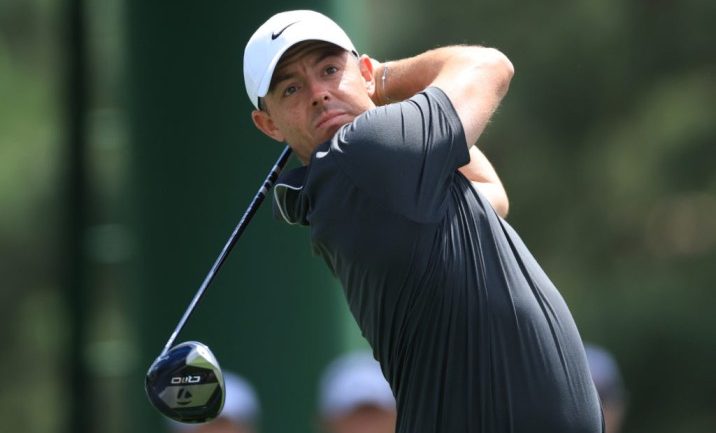
Table of Contents
Key Takeaways
- Rory McIlroy’s ruthless action at The Players Championship involved hitting a provisional ball despite his first ball being found.
- This strategic move, while legal, ignited significant fan backlash and strong criticism from analyst Brandel Chamblee.
- The incident sparked a wider debate in golf about the spirit of the game versus strict adherence to the rulebook.
The Anatomy of a Controversy: Rory McIlroy’s Ruthless Action Unpacked
In the fiercely competitive world of professional golf, every shot, every decision, is scrutinized. Yet, few moments spark as much fervent debate as when a player’s strategic brilliance clashes with perceived sportsmanship. Such was the case with Rory McIlroy’s ruthless action at the recent Players Championship, an incident that not only drew the ire of golf fans globally but also became a lightning rod for sharp criticism from veteran analyst Brandel Chamblee. This wasn’t merely a missed putt or a wayward drive; it was a calculated maneuver that exposed the tension between the letter of the law and the spirit of the game.
The Moment: Strategy Meets Scrutiny on the 7th Hole
The incident in question unfolded during a critical juncture of The Players Championship. McIlroy, facing a tricky tee shot on the 7th hole, pulled his initial drive left, sending it towards a water hazard. Fearing the worst, he promptly hit a provisional ball. Standard procedure, right? Except, to the surprise of many, his first ball was indeed found, sitting on a muddy bank, playable but offering a less-than-ideal lie. Here’s where Rory McIlroy’s ruthless action truly began: he assessed the situation, and despite his first ball being found, he opted to play his provisional.
This decision, a tactical choice to secure a better lie and a more favorable approach to the green, sent ripples of disapproval through the golf community. For many purists, the unwritten code of golf dictates that you play the ball where it lies, embracing the challenge and consequence of your shot. McIlroy’s choice, while entirely legal under Rule 18.3 (which allows a player to proceed with a provisional ball if the original ball is not found or is declared unplayable, among other conditions), felt like a circumvention of this unwritten code.
Brandel Chamblee and the Fan Verdict: A Storm of Critique
Leading the charge in the media critique was Brandel Chamblee, known for his incisive, often provocative, analyses. Chamblee minced no words, publicly questioning McIlroy’s decision and suggesting it was a departure from the traditional ethos of the sport. His commentary resonated deeply with a significant portion of the golf fan base, particularly on social media.
The fan reaction was swift and largely negative. Tweets and online forums erupted with accusations of “cheating” or at least “unsportsmanlike conduct.” Many expressed disappointment, feeling that a player of McIlroy’s stature should uphold higher standards of integrity. The sentiment was clear: while technically within the rules, the action felt wrong. This public backlash served as a potent reminder that in golf, reputation and perceived character can sometimes weigh as heavily as scorecards.
[ Understanding Rule 18.3 (Provisional Ball) ]
The Spirit vs. The Rulebook: A Golfing Conundrum
This incident brings to the fore a perennial debate in golf: the delicate balance between the rules as written and the unwritten “spirit of the game.” Golf is unique in its emphasis on self-governance and honesty, often relying on a player’s integrity more than strict official oversight.
Rory McIlroy’s ruthless action was a textbook example of a player exploiting the rules to their advantage, a common practice in many professional sports. In soccer, a tactical foul; in basketball, drawing a charge. But golf, with its gentlemanly reputation, often resists such overt strategic plays when they bend traditional notions of fairness. For professional golfers, particularly those at the top of the PGA Tour, every shot has financial implications, sponsor expectations, and legacy considerations. McIlroy’s decision was likely driven by a desire to minimize risk and optimize his score, a mindset typical of elite competitors.
This incident also highlights the complexities of officiating golf. If every player adhered strictly to the spirit without ever leveraging a rule, the game would be vastly different. The rules are designed to cover countless scenarios, and sometimes, those scenarios create loopholes or allow for plays that can feel unconventional.
The Aftermath: Learning and Looking Ahead
While the immediate fervor around Rory McIlroy’s ruthless action may have subsided, the incident serves as a crucial case study. It reminds us that golf, for all its traditions, is a sport constantly evolving, both in terms of play and public perception. For McIlroy, it was a moment of strategic calculation that arguably paid off in terms of his score, but perhaps at a small cost to his public image among certain segments of the fanbase.
[ Explore more Click here ]
As McIlroy continues his pursuit of major championships, every move will be watched even more closely. The debate between strategic play and the ‘spirit of the game’ will undoubtedly continue, fueled by such high-profile instances. What are your predictions for his next major outing? Do you side with the fans, Chamblee, or McIlroy’s strategic play? Share your thoughts and predictions for his next major outing in the comments below!
FAQs
1. What was the specific Rory McIlroy ruthless action being discussed?
The discussion centers around Rory McIlroy’s decision during the Players Championship to hit a provisional ball after his first shot seemed destined for water, even though it ended up playable. He then chose to play the provisional for a better lie, effectively abandoning his first ball despite it being found.
2. Why did fans react negatively to Rory McIlroy’s ruthless action?
Many fans perceived McIlroy’s decision as unsportsmanlike or lacking in integrity, believing he took advantage of a technicality rather than playing the ball where it lay, which is a fundamental principle of golf.
3. How did Brandel Chamblee comment on Rory McIlroy’s decision?
Brandel Chamblee publicly criticized Rory McIlroy’s ruthless action, suggesting it went against the spirit of the game and questioning his decision-making process in that moment.
4. Is Rory McIlroy’s ruthless action legal under golf rules?
Yes, under the rules of golf, a player is allowed to declare a ball unplayable or take relief, and playing a provisional ball is a standard procedure. McIlroy’s actions were within the bounds of the rules, though the optics sparked debate.
